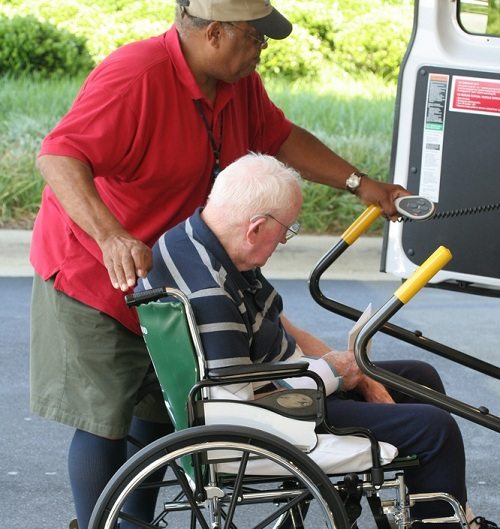
February 27, 2017; Miami Herald (Associated Press)
As is true in many regions across the U.S., upstate New York is seeing a serious mismatch of workforce to need in the home health care field, where minimum wages and odd hours prevail. NPQ has written repeatedly about the problem: An expanding field of nonprofit work employs people at wages and under conditions that keep the workers in poverty. This, in turn, makes for an unstable workforce; in many regions, turnover has plagued those providing services and, more importantly, those who depend upon those services to survive. Becky Preve, director of the Franklin County Office for the Aging, says the problem is especially acute in rural upstate areas. Too often, vulnerable people are left in unsafe conditions where they end up hungry or injured for lack of promised services.
Indeed, Rebecca Leahy of North Country Home Services reports that every week it finds itself unable to provide at least 400 hours of homecare services that have been authorized by the state. She has asked lawmakers to increase the stagnant and entirely inadequate Medicaid reimbursement rates to no avail.
Sign up for our free newsletters
Subscribe to NPQ's newsletters to have our top stories delivered directly to your inbox.
By signing up, you agree to our privacy policy and terms of use, and to receive messages from NPQ and our partners.
“My fear is that in the near future most patients in the three Adirondacks counties of Franklin, Essex and Clinton could be without services because the sole provider for most of this region will not be able to cover payroll,” Leahy said.
Currently, the state employs about 326,000 home health workers, but projections have that need growing to 451,000 by 2024.
This problem has long been brewing, of course, and the networks and boards of these organizations must think about solutions larger than any one state or entity. Some models of home health care agencies that act as worker cooperatives are well worth considering and might provide more sustainability.—Ruth McCambridge












